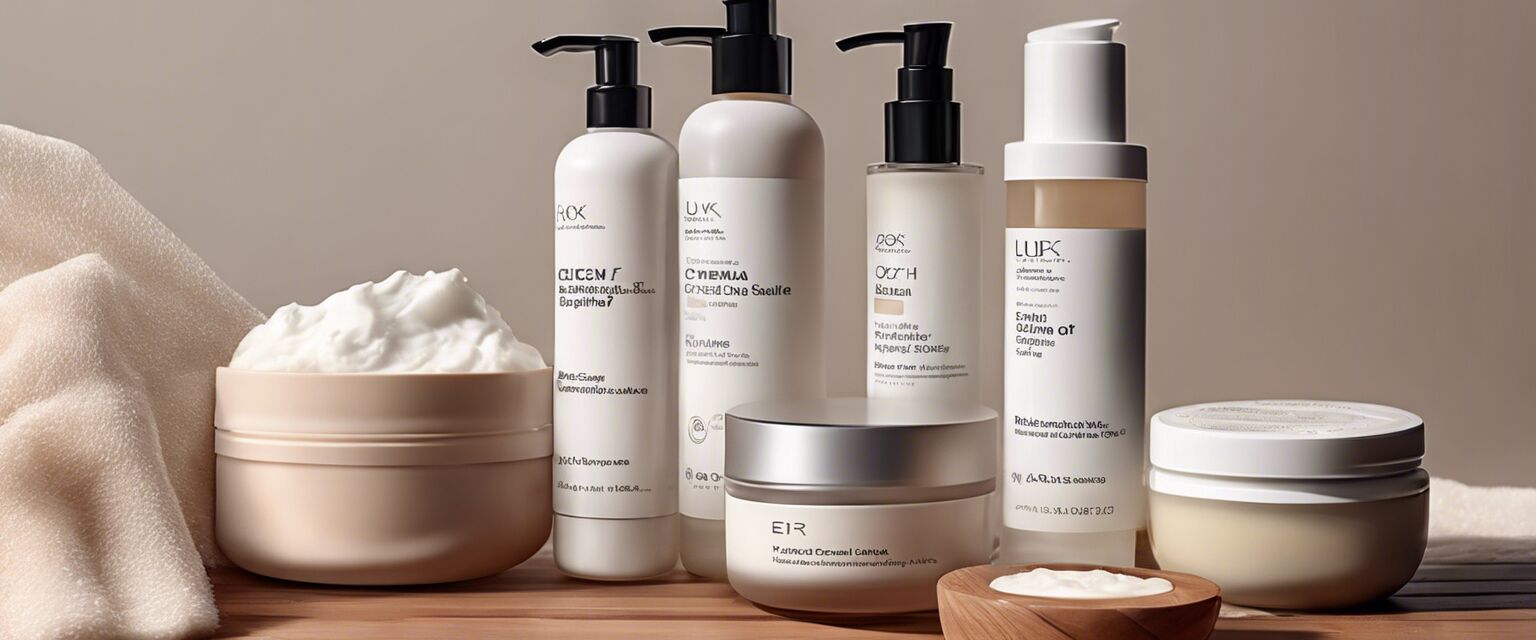
Skin conditions in black skin
Key Takeaways
- Black skin has unique characteristics that can affect how skin conditions manifest.
- Common skin conditions include hyperpigmentation, eczema, and keloids.
- Understanding your skin type is crucial for effective treatment and care.
- Regular moisturizing and sun protection are essential for maintaining healthy skin.
- Consulting with a dermatologist is recommended for persistent skin issues.
Understanding skin conditions that are more common in African-American skin is essential for effective treatment and care. Black skin has unique characteristics, including increased melanin, which can affect how skin conditions manifest. This article will explore common skin conditions, their symptoms, and treatment options tailored specifically for black skin.
Common skin conditions in black skin
| Skin Condition | Description | Symptoms | Treatment Options |
|---|---|---|---|
| Hyperpigmentation | Darkening of the skin in certain areas due to excess melanin. | Dark spots, uneven skin tone. | Topical treatments, chemical peels, laser therapy. |
| Eczema | Chronic inflammatory skin condition characterized by dry, itchy patches. | Redness, swelling, itching, dry skin. | Moisturizers, topical steroids, antihistamines. |
| Keloids | Raised scars that form at the site of an injury or incision. | Thick, raised skin over healed wounds. | Injections, cryotherapy, surgical removal. |
| Acne | Common skin condition that occurs when hair follicles become clogged. | Whiteheads, blackheads, pimples, cysts. | Topical treatments, oral medications, lifestyle changes. |
| Pigmentary Disorders | Disorders that affect skin color, such as vitiligo. | Loss of skin color in patches. | Topical treatments, light therapy, camouflage products. |
Understanding hyperpigmentation
Hyperpigmentation is one of the most common skin conditions affecting African-American skin. It's characterized by dark patches or spots on the skin, often resulting from sun exposure, acne scars, or hormonal changes. Below are some treatment options:
- Topical treatments: Creams containing hydroquinone, retinoids, or vitamin C can help lighten dark spots.
- Chemical peels: Professional peels can exfoliate the top layer of skin, promoting a more even skin tone.
- Laser therapy: This treatment can target hyperpigmented areas effectively.

Dealing with eczema
Eczema is another prevalent skin condition in African-American individuals, often causing dry, itchy patches. It can be triggered by allergens, stress, and environmental factors. Here are some effective management strategies:
Tips for managing eczema
- Keep skin moisturized with gentle creams.
- Use mild, fragrance-free soaps and detergents.
- Avoid hot showers and opt for lukewarm water instead.
- Consider antihistamines for itching relief.

Keloids and their management
Keloids are thick, raised scars that can develop after injuries, surgeries, or even acne. They are more common in individuals with darker skin tones. Managing keloids can be challenging, but the following options may help:
- Corticosteroid injections: These can help flatten keloids over time.
- Cryotherapy: Freezing keloids can reduce their size.
- Surgical removal: This may be necessary for larger keloids, but they can recur.
Acne management for black skin
Acne can affect anyone, but it often leaves behind dark spots on black skin. To manage acne effectively:
- Cleanse the skin regularly with a gentle cleanser.
- Use non-comedogenic products to prevent clogged pores.
- Consider topical treatments with salicylic acid or benzoyl peroxide.
- Maintain a balanced diet and stay hydrated.

Consulting with a dermatologist
If you experience persistent skin issues, it's crucial to consult a dermatologist who understands the unique aspects of black skin. They can provide tailored advice and treatment options based on your skin type and concerns.
Conclusion
Understanding and managing skin conditions in black skin requires specific knowledge and care. By recognizing the common conditions and employing appropriate treatment options, individuals can achieve healthy, glowing skin. Don't hesitate to reach out for professional advice to ensure your skin gets the care it deserves.
Pros
- Increased awareness of skin conditions specific to black skin.
- Access to tailored treatment options.
- Effective management techniques for common issues.
Cons
- Limited access to specialized dermatologists in some areas.
- Potential for misdiagnosis if not properly informed.
- Persistent skin conditions can affect self-esteem.







